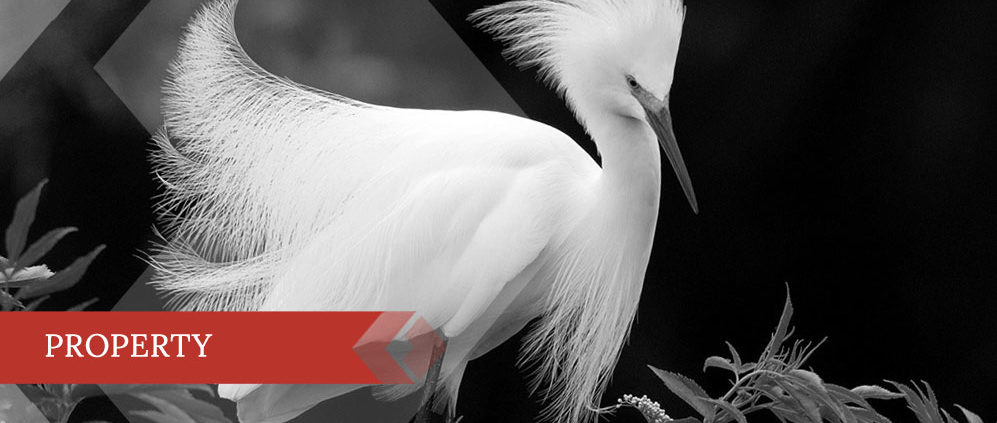Norway is feeling the sting from Brexit. The country’s $880 billion sovereign wealth fund, which is the biggest in the world, said that the uncertainty created by the UK vote to leave the European Union is so great that it’s no longer sure what its extensive property investments in the country are worth.
So, the fund took a guess and cut the value of its UK real estate holdings by 5% across the board.
Almost a quarter of the Norwegian fund’s $21 billion real estate portfolio is invested in the UK, mainly office buildings and retail outlets in central London. It owns much Regent Street and the swish surrounding areas that are packed with luxury retail stores.
The fund, which invests Norway’s proceeds from oil sales, is the latest to warn that the UK’s turbocharged property market, especially in London, will suffer as a result of the referendum result. The fund’s latest quarterly report said.
The write-down on property values, combined with the fall in the pound (down 12% versus the Norwegian krone since the referendum), saddled the fund’s property portfolio with a 1.4% loss in the second quarter. That may not sound like much, but it amounts to some $240 million in absolute terms. Overall, the fund grew by 1.3% in the second quarter, about half of the average net return it has achieved since its founding in the 1990s.
Real estate only accounts for 3% of the fund, but it is an increasingly important source of returns and diversification for the huge investor, which owns more than 1% of all global stocks as well as bonds from just every major country and company. As central banks aggressively pump money into their financial systems, stocks and bonds have risen on the tide of liquidity, leading some to fret that prices are artificially high and primed for a fall. Almost a quarter of the government bonds in the Norwegian fund now have yields below zero, which means they are guaranteed to lose the fund money if they buy more and hold the bonds until they mature.
SOURCE: Quartz



